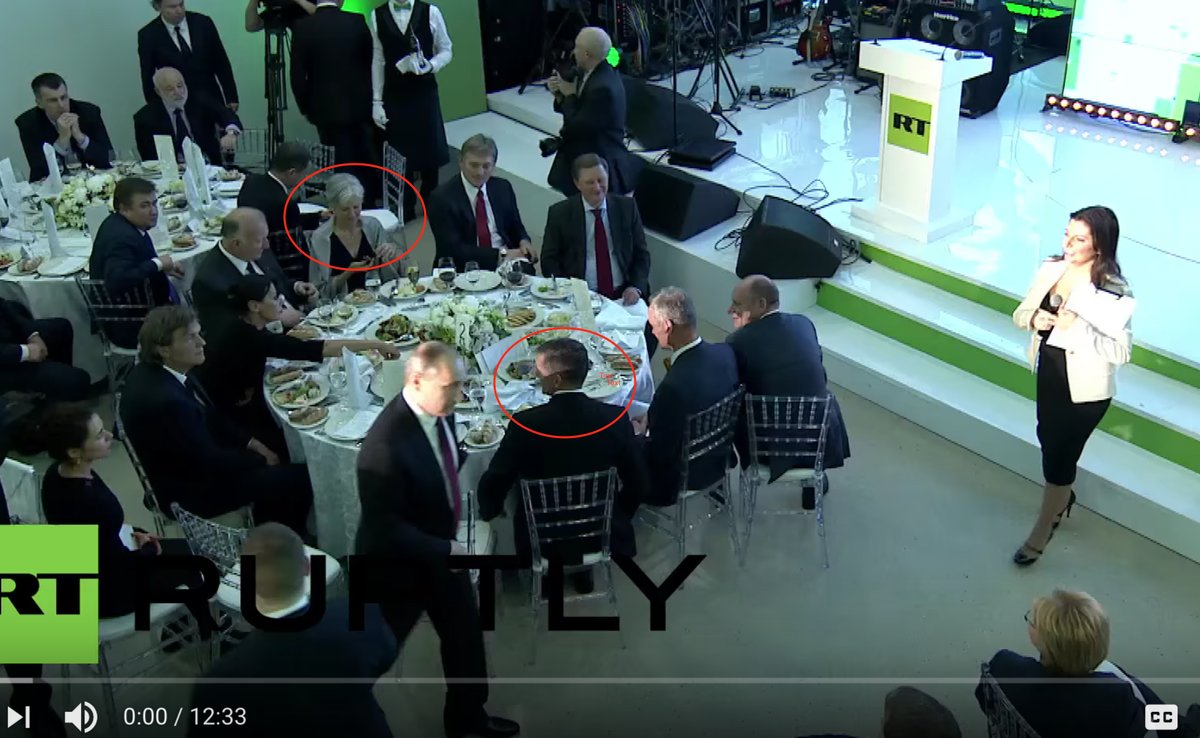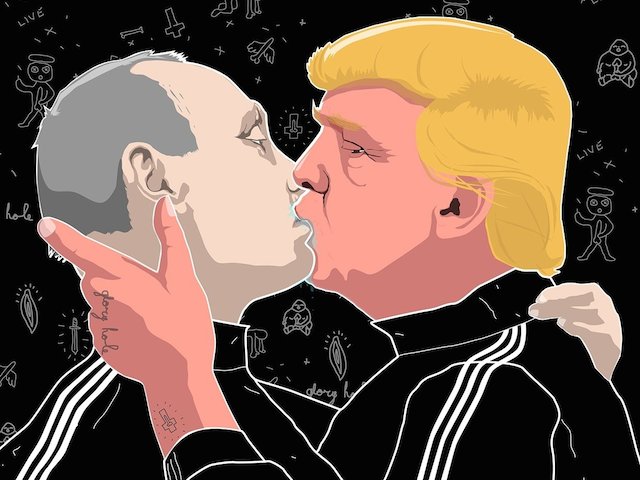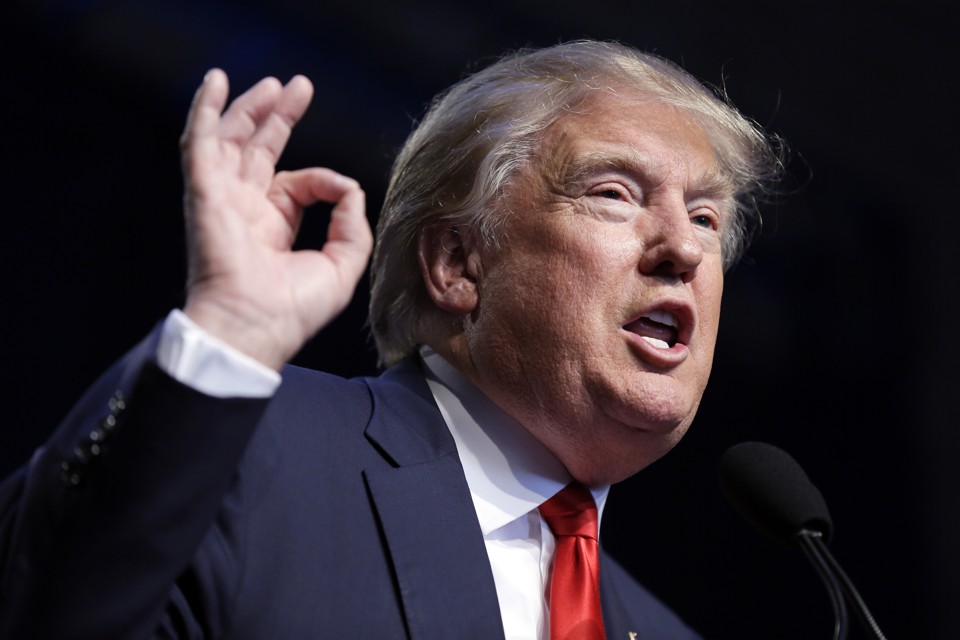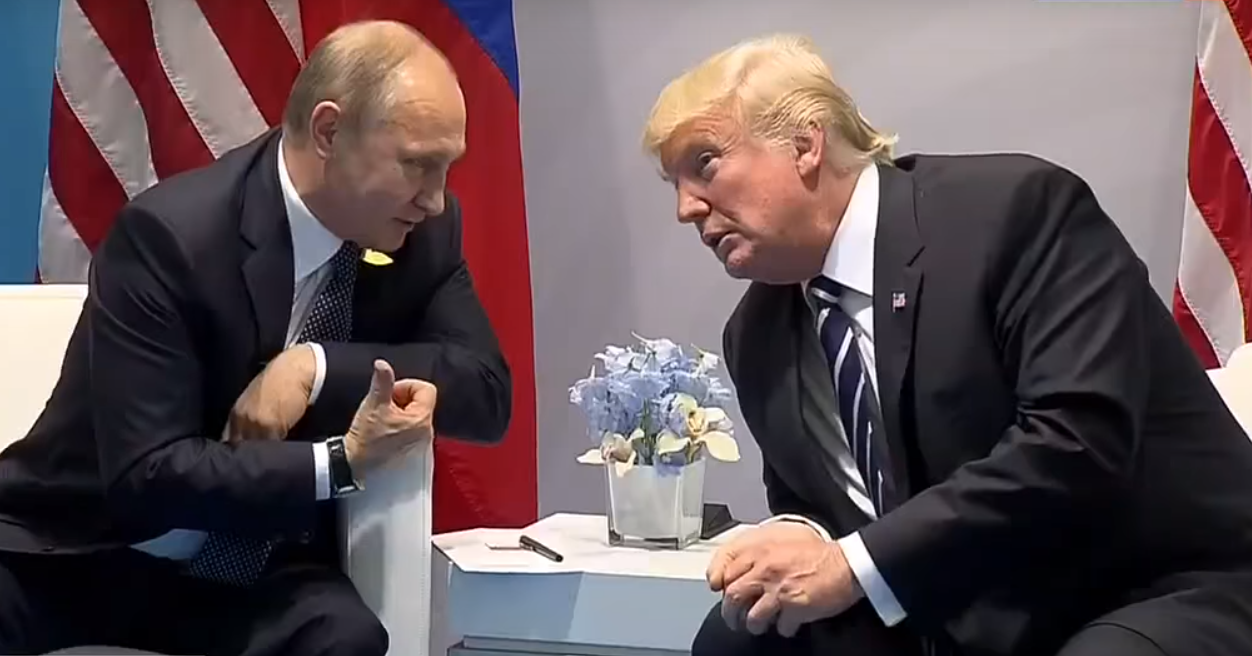The growing scandal in Washington around Moscow’s efforts to penetrate and influence the Trump Administration recalls the FSB’s effort to avoid detection in its effort to hide the ways it was covering up the Russian government’s program to give its athletes performance-enhancing drugs, Tigran Khzmalyan says.
That is because both actions reflect Vladimir Putin’s penchant for getting involved in high-risk/high-value operations in the expectation that he will be able to get away with them both obscuring the issue through propaganda or simply with the passing of time so that others will say it is time to “move on.”
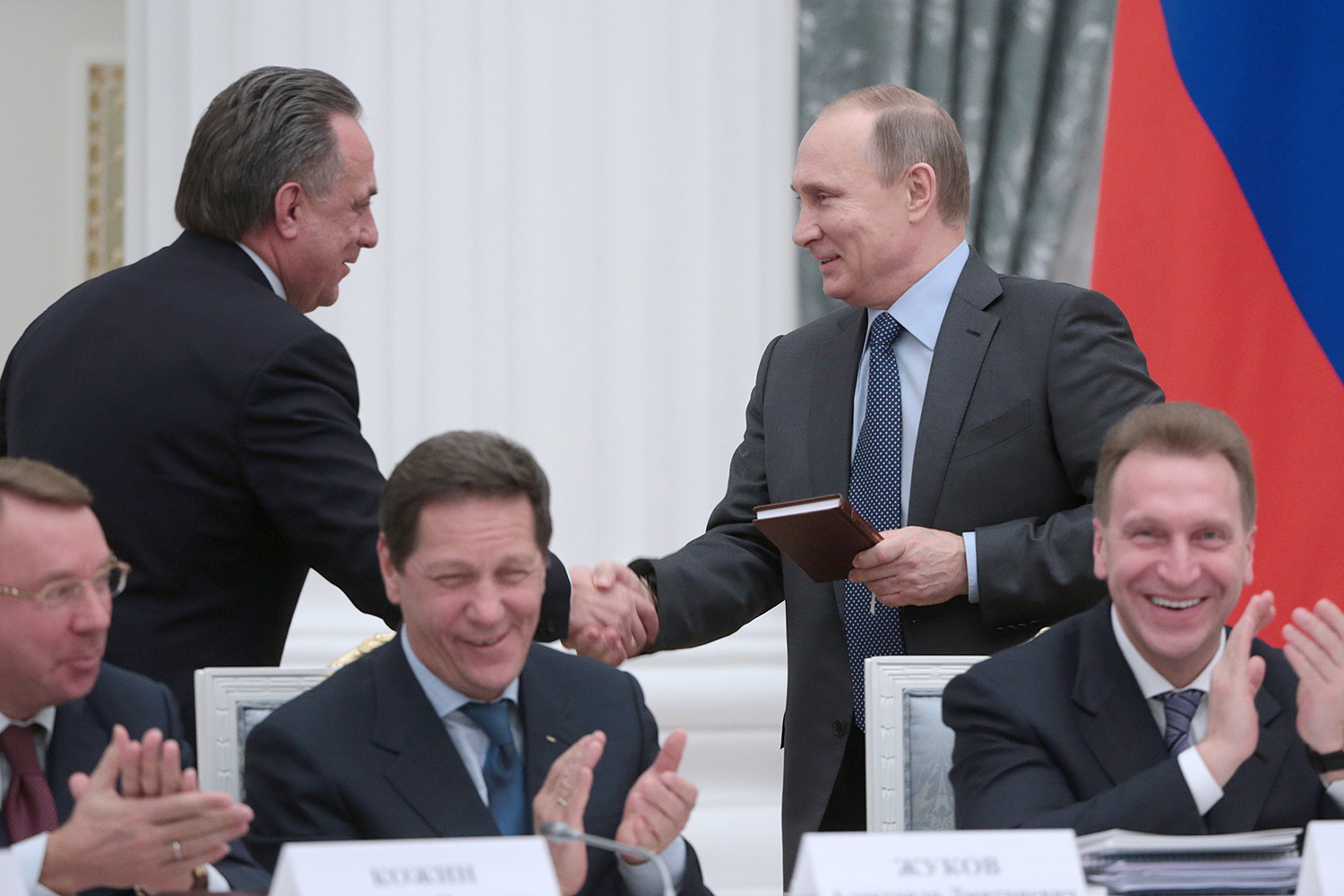
But this inclination, the Moscow commentator says, backfires on Putin and on Russia because the Kremlin dictator cannot imagine and does not understand that democratic countries, although apparently so easily open to influence, distraction and delay, nonetheless have the flexibility and ultimately the ability to respond forcefully to such attempts.
The Sochi doping scandal, which Putin thought he could get away with but for which Russia is now paying a high price, was “a complicated, long-standing, risky and illegal operation” that was ultimately engulfed by “scandal, shame and failure,” Khzmalyan says. Flynngate is the same but the consequences will be even more negative.
What the Sochi “urine” case did was to destroy the reputation of some athletes and Russian sport as an institution, but what the departure of the US national security advisor as a result of Moscow’s efforts to influence him will result in is “a political flood” that will sweep away far more than the collapsing dam in California.

“By an irony of fate,” Khzmalyan continues, both cases involve “the smell of urine,” the first from samples of that hidden by the FSB and the second in the so-called “Trump dossier” which as Putin himself implied involved “the best prostitutes in the world’ in the luxury hotels of Moscow and St. Petersburg.”
At one level, the commentator says, both the Sochi doping scandal and the current one are nothing more than the latest instances of what Viktor Chernomyrdin famously described as the Russian proclivity for “wanting something better but having it turn out like always.” But the scale of what is involved now, Khzmalyan says, begs for closer examination.
First of all, he says, Flynn’s exit will have “a domino effect,” something many in the US media and political elite are now openly talking about. But even if it doesn’t reach Trump, this episode will have “catastrophic” consequences for Russia itself because for the foreseeable future, “the Russian theme has become super-toxic in the US.”
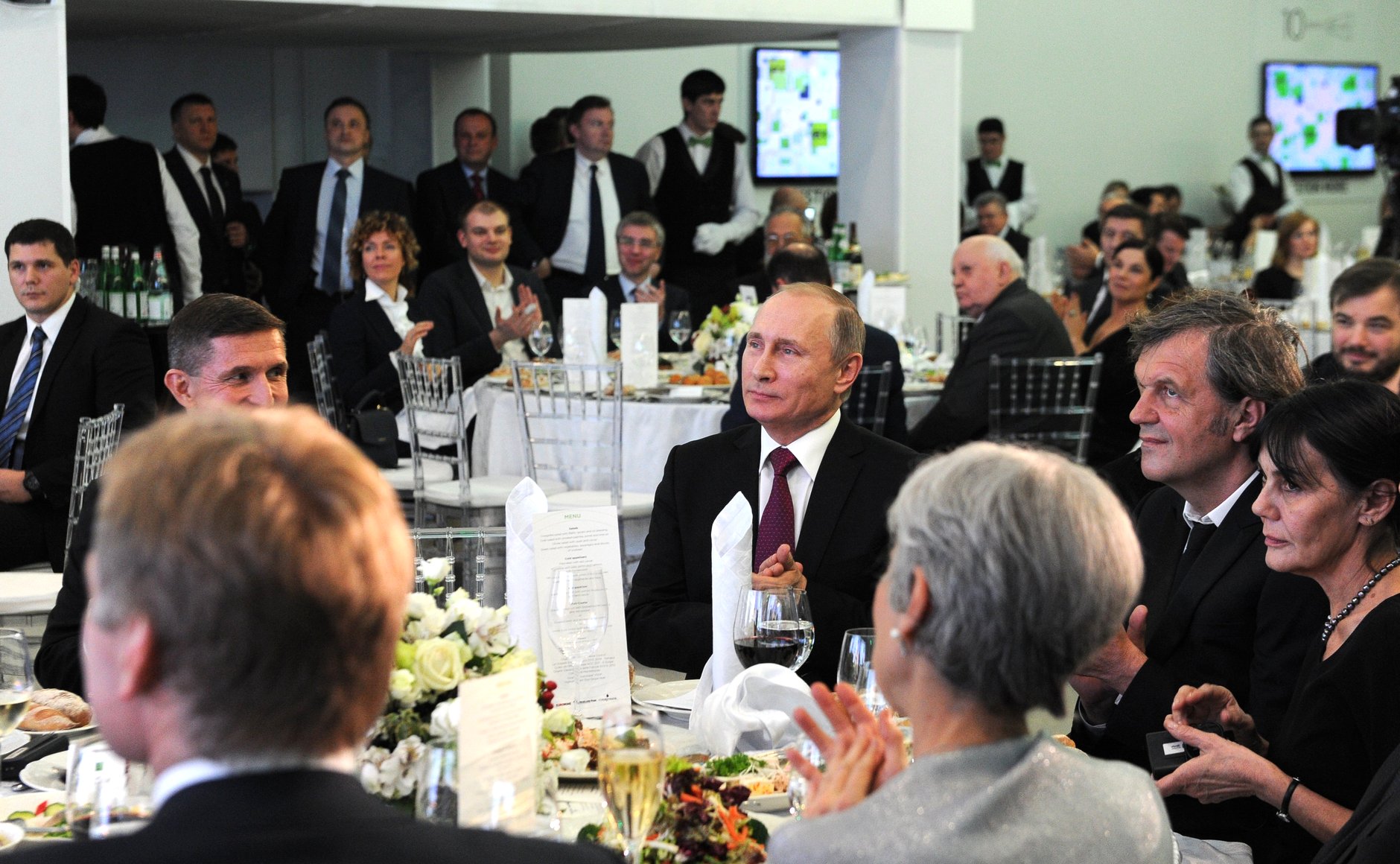
That means no end to sanctions or to a military competition Russia can’t win and is the direct opposite of what Putin intended under his “special operation code named ‘Trump.’”
This is happening, Khzmalyan says, because Putin “extrapolates his own image of the world onto others” who operate according to entirely different rules than he can imagine. “The US is not an empire, but a republic – and in this is its principled distinction and fundamental advantage over Putin’s Russia.”
“The current crisis shows the strength rather than the weakness of the American political system, in which an ordinary judge suddenly turns out to be not only independent from the executive in his decisions but also by law higher than the president himself, a situation which is completely unbelievable in Russia” now, the commentator says.
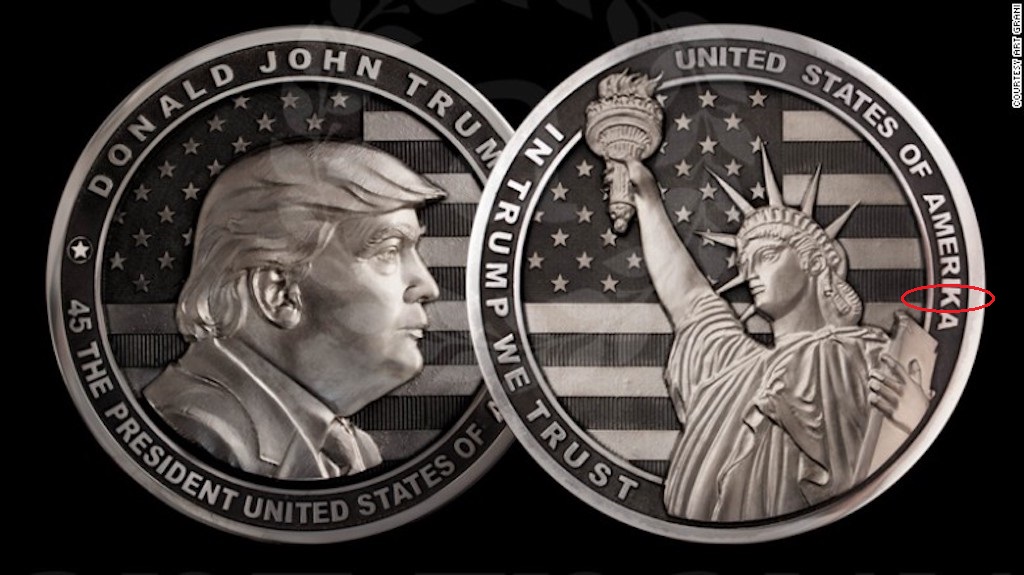
What is quietly taking place, he suggests, is that without any violence or revolution, the United States is moving toward become “a parliamentary republic controlled by the Congress and not by the president,” something Putin can’t understand, just as
Stalin could not understand Churchill’s defeat at the polls in 1945.
The Kremlin dictator simply doesn’t understand that “in democratic America, everything is just beginning after victory in the elections, because society there consists of free people and not of slaves and jailers. The press is independent from the authorities, and power itself is divided into three parts, none of which can be totally swallowed up by the other.”
According to Khzmalyan, “that is why all empires are mortal: they are too dependent on the emperor. And any emperor is not simply mortal but suddenly can be affected by weaknesses and fears, passions and mistakes, which in his empire no one can prevent or correct.” And that is why “Russia is weaker than America and continues to weaken.”
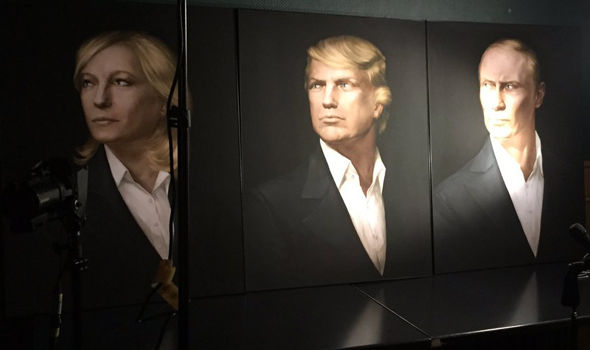
“But in this story, there is yet another side, which seems instructive and interesting,” the crude and stupid way that Russian officials and those close to the Kremlin celebrated in an utterly tasteless way Trump’s victory last November. And why take risks that no one in Moscow needed to take?
Why spread about pictures of Flynn sitting with Putin? Why talk about “the best prostitutes of the word” as Putin did? The answer, Khzmalyan suggests, is to be found “not in state policy but in psychology,” the very same thing people are now talking about in the case of Trump, about a need to show how rough and tough he is when the reverse is the case.
Related:
- Flynn’s resignation — de-Kremlinization of the White House?
- End of Kremlin’s dream of ‘Big Deal’ with Trump makes Putin more dangerous not less
- Why did Putin say Russia’s prostitutes were ‘best in the world’ and other neglected Russian stories
- Like Hitler, Putin told the West in advance what he’d do — and the West ignored him
- Putin said plotting a new refugee crisis to influence EU elections
- Nicholas II wanted ‘good little war’ with Japan; Putin needs one in Ukraine, Kalashnikov says
- Doping scandal may cost Moscow the 2018 World Cup, analysts say
- Putin regime was a criminal one long before Crimea, the doping scandal shows




